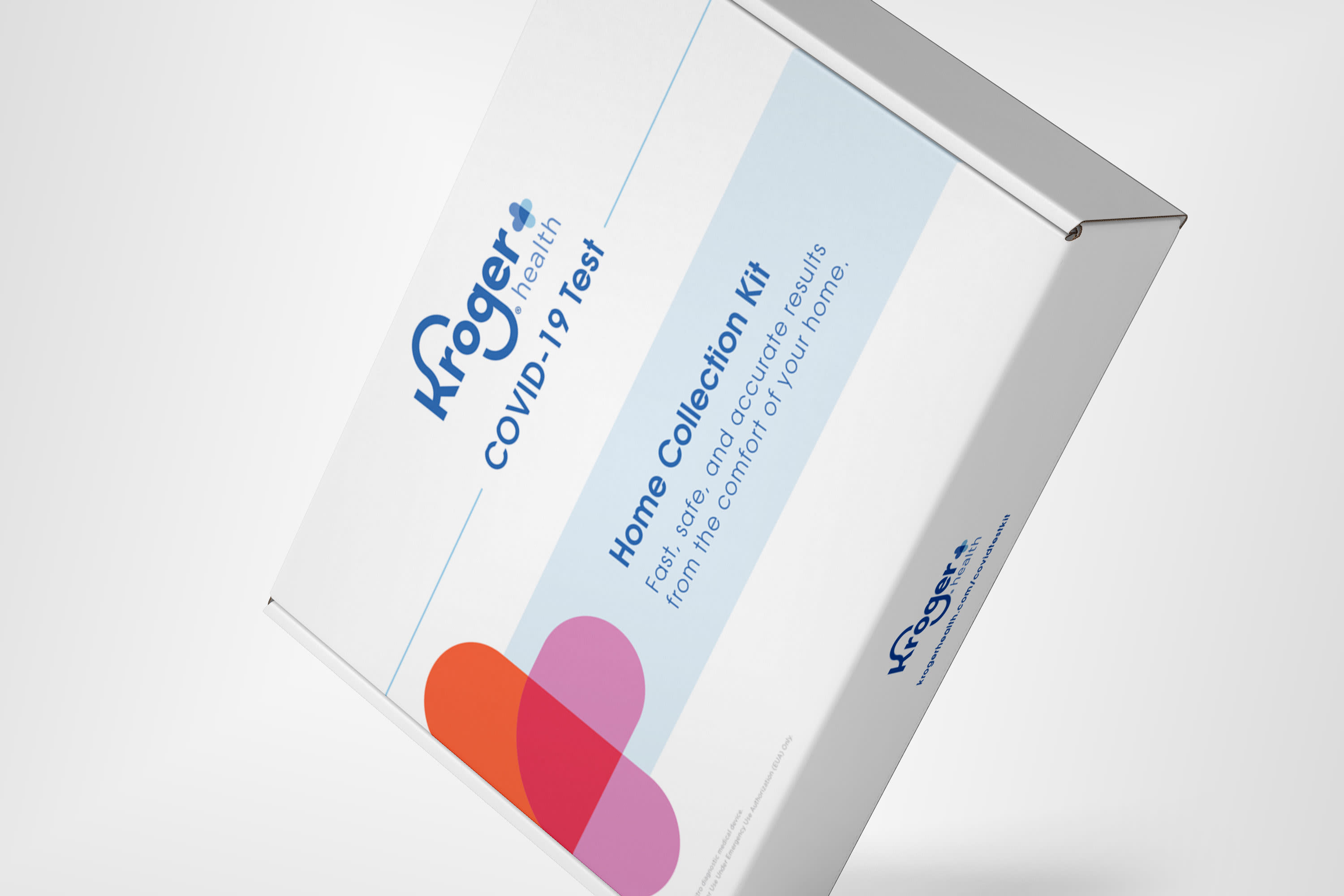Visits: 34

With a nasal swab and a test tube, hundreds of Kroger employees have given themselves a Covid-19 test at home.
The nation’s largest supermarket chain said Thursday it wants to sell the at-home test kits to employers trying to reopen or stay open as the coronavirus pandemic continues.
Kroger and CVS Health are both pitching themselves to employers as nationwide testing delays cause long waits for patients and make it harder for public health officials to track the virus and stop its spread. The slow turnaround times, which can be a week or more, have also made it harder for businesses, schools and other parts of society to figure out how to safely operate.
CVS has a program called Return Ready. Companies and colleges can hire the health-care company to open Covid-19 test sites at an office or on a campus, track tests at its drive-thru sites or handle related services, such as contact tracing or administering flu shots.
Kroger is striking deals with corporations that can buy its at-home test kits, which are shipped overnight to employees.
Colleen Lindholz, president of Kroger Health, said results from the company’s at-home test kits typically take about three days — including shipping.
“That’s honestly a key differentiator for us right now,” she said.
CVS Chief Medical Officer Dr. Troyen Brennan said instead of relying on backlogged labs, employers can hire CVS to open a location on their campus, test workers and get the results within minutes with a rapid diagnostic test.
“Point-of-care testing has no delay, so we’re expanding point-of-care testing,” he said. In the months ahead, Brennan said he expects rapid test devices with greater sensitivity to become available and narrow the difference in accuracy between tests processed on-site and by labs.
Many companies will have to pitch in to provide the kind of rapid and plentiful testing that the U.S. needs, said Fred Turner, CEO of Curative, a developer of Covid-19 tests. He said he’d like testing to become an easy, standard tool used to reduce risk in everyday situations, such as before a person boards a plane or goes to the office — not just when the person shows symptoms.
“We need to be doing millions of tests per day,” he said. “We’re yet to break the 1 million mark. As a country, the more people who are working on scaling this up, the better it is.”
Kroger and CVS were among the national retailers who met with President Donald Trump in April and committed to opening drive-thru testing locations as the country struggled to roll out widespread testing and dealt with shortages of supplies, such as swabs and masks.
Kroger owns numerous grocery chains, including Harris Teeter and Fred Meyer. It has more than 2,200 pharmacies and 220 clinics in 35 states.
Lindholz said the grocer had drive-thru testing locations in 19 states, including Alaska, but most have now closed. She said the approach required the company to pull nurse practitioners and pharmacists out of stores, go through lots of protective equipment and expose employees to health risks.
She said Kroger wanted to find a simpler, safer and faster way. It developed at-home test kits first for its employees. The box includes a swab, alcohol wipes, a test tube and biohazard bag. A Kroger medical professional explains directions and guides the person through the test with a virtual visit.
The at-home test kits cost $119 each, but businesses can get a volume discount. Nearly 1,000 of Kroger’s employees have taken the tests. The company declined to say how many customers it has so far.
CVS declined to release its pricing information, saying each contract is different based on the type of test, frequency of testing and services the company chooses.
CVS has more than 1,800 drive-thru testing locations. Brennan said wait times for test results have dropped from nearly 10 days in mid-July to an average of less than four days. He said CVS wants that to improve to three days or less for at least 95% of its tests.
The company has more than 40 clients using Return Ready, including universities and corporations, and more than 1,000 prospective clients, CVS Chief Executive Larry Merlo said last week on an earnings call.
Brennan said CVS tailors its testing services to the employer. For example, CVS can staff a dedicated clinic for the employer with a rapid test device. It can also test workers’ at one of their drive-thrus and send results to the employer.
With Kroger’s at-home tests, Lindholz said the company saw “a way to make a difference and to be helpful to the country” — especially as it saw such a great need. She said it also may change the way customers think of Kroger and link its mission of serving fresh food to health.
Along with the at-home kits, Kroger can customize the program like setting up a test site at large manufacturing or meatpacking plants, she said. It also plans to add rapid testing at its store pharmacies.
She said Kroger and its lab partner, Gravity Diagnostics, can handle 60,000 tests per week initially, but plans to double that to up to 120,000 per week. She said the grocer is looking to hire lab partners in other parts of the country.
Lindholz said it has spoken to clients in hospitality, sports, health care and education, but declined to disclose their number and names.
When a person does the at-home test, she said they put the swab up each nostril — but only halfway up, unlike the nasopharyngeal swabs that go deep into the nostril.
Even so, Lindholz acknowledged that the test may make some squeamish. She said the telemedicine consultation goes a long way, with health-care employees trained to coax and calm the person who’s getting tested.
She said it’s waiting on approval from the Food and Drug Administration for an approach people may find less intimidating: a saliva-based test.

